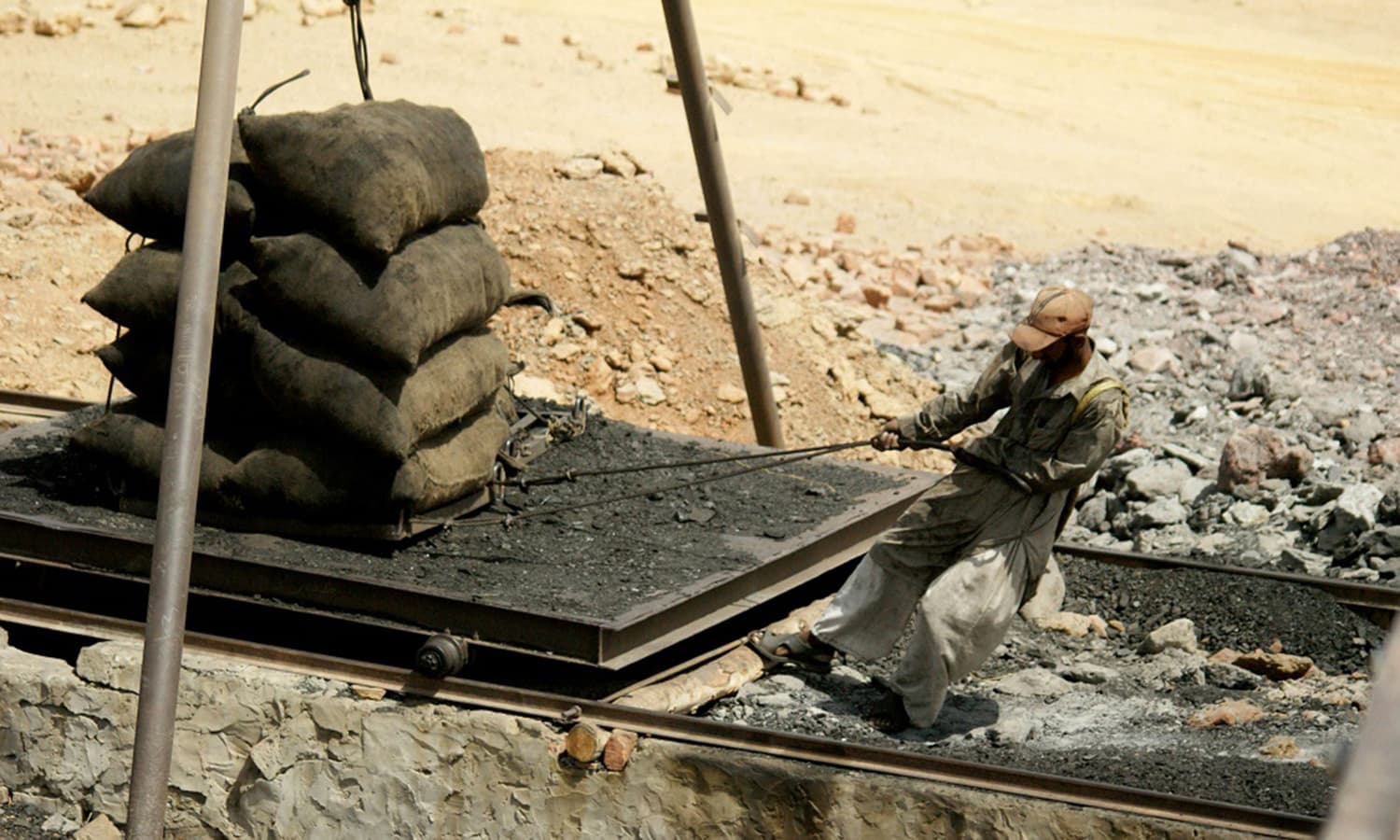Coal miners in Pakistan continue to lose their lives after getting trapped in landslides, with two more deaths reported on May 9. Identified as Khaliq Dad and Dad Mohammad, the miners were digging deep inside the mine when a portion of it caved in. Earlier on April 10, more coal miners had lost their lives in similar accidents.
The bodies of the miners were later fished out by the rescue team. Pakistan Central Mines Labor Federation (PCMLF) condemned the incident. In a statement, the union asked the authorities to take swift measures to end the rampant exploitation of coal workers and to facilitate in the provision of justice and compensation for the families of those killed in mines.
Recently, the PCMLF had organized a protest rally in Quetta, the provincial capital of Balochistan, to press their demand of implementing proper safety measures for coal miners.
On April 10, Abdul Qayyum, Muhammad Anwar, Muhammad Irfan and Kashmir Khan died after an explosion was triggered by the accumulation of poisonous gases in a mine in the Sorange district of Balochistan province, some 625 kilometers from Quetta city.
In another incident on the same day, four miners died in an explosion in the northwest Khyber Pakhtunkhwa province. The incident took place in the town of Darra Adam Khel. A portion of the mine had caved in, trapping the laborers. A rescue team recovered the bodies of the workers, and saved two others who were inured.
The miserable conditions in mines have led to the death of more than 120 workers in recent months. According to PCMLF estimates, mine-related accidents kill between 100 to 200 laborers every year in the country.
In January, four miners were killed in a mine blast in the Loralai district of Balochistan. Before that, in December 2018, a blast in the Sharigh mine area in Khost town of Balochistan killed one laborer. Nearly 20 more coal mine workers, along with two rescue team members, died in the Sanjadi area of Quetta in August 2018.
Another four workers died in an explosion in Sanjadi in June 2018. And as many as 23 laborers, most of whom were from a single family, died in two separate incidents in Quetta’s Pir Ismail and Marwah areas.
Coal mining is considered to be more hazardous than hard rock mining because of the nature of the rock strata, leakage or explosion of poisonous gases and coal dust, collapsing of mine stopes, as well as mechanical errors from improper use and malfunctioning of mining equipment. The hazardous conditions are made worse by the neglect of workers’ safety by the mining companies and the state authorities.
According to PCMLF estimates, the coal mining sector employs more than 100,000 workers in its 400 coal mines. Miners usually begin work at the age of 13. By the age of 30, they are forced into unemployment due to chronic respiratory illnesses, tuberculosis, loss of eyesight, injuries, etc. They are often forced to work for over 10 hours a day without adequate safety gear, which is in violation of Pakistan’s labor laws.
In the absence of well-equipped emergency response teams, other workers are usually the first respondents. In most cases, this leads to further casualties. Many workers ‘retire’ under such circumstances, often without pension or unemployment benefits.





